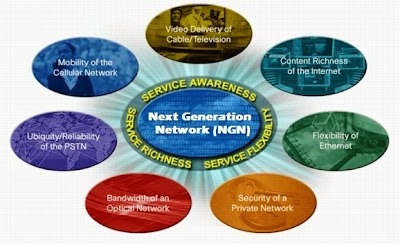BSNL has already started the transition from outdated time-switching telephone exchanges to Next Generation Networks (NGNs) that are geared for communication technologies of the future.
In Kerala Circle, around 87,524 lines in Phase I and 2,73,572 in Phase II will be upgraded to NGN.
The NGN architecture is being supplied by Chinese vendor Huawei. The migration to a higher network will be seamless from the customer’s point of view. Once the NGN is in place, users can expect much improved voice quality and broadband experience.
In essence, the migration to IP-driven packet-based switches and servers will set the stage for Fixed Mobile Convergence (FMC) that is touted as the next level in telecom evolution. The FMC breaks down the distinctions between fixed and mobile networks and provides customers seamless inter-operability of wired and wireless voice and broadband services at home, office or while on the move.
BSNL will be coordinating this up-gradation work with C-DOT (Centre for Development of Telematics). The will assist BSNL in this proceess to renovate about 27,000 Rural exchanges all over India.


4 Comments
Of course,this project can turnaround BSNL from the current financial crisis, by providing good quality voice and data.
Wait and see….
This comment has been removed by the author.
but what is the benefit of all these, when the quality of copper cable is worst